Going Through the Last Days of Jesus’ Life
Sorry about being a day late getting this post published. I would like to blame it on this being a short holiday week, but that wouldn’t be totally true. The short week may have played a small part, but it’s more to do with simply being busy.
The past several weeks we’ve been going through the Book of Luke. This week we finish up Luke going through chapters 22-24.
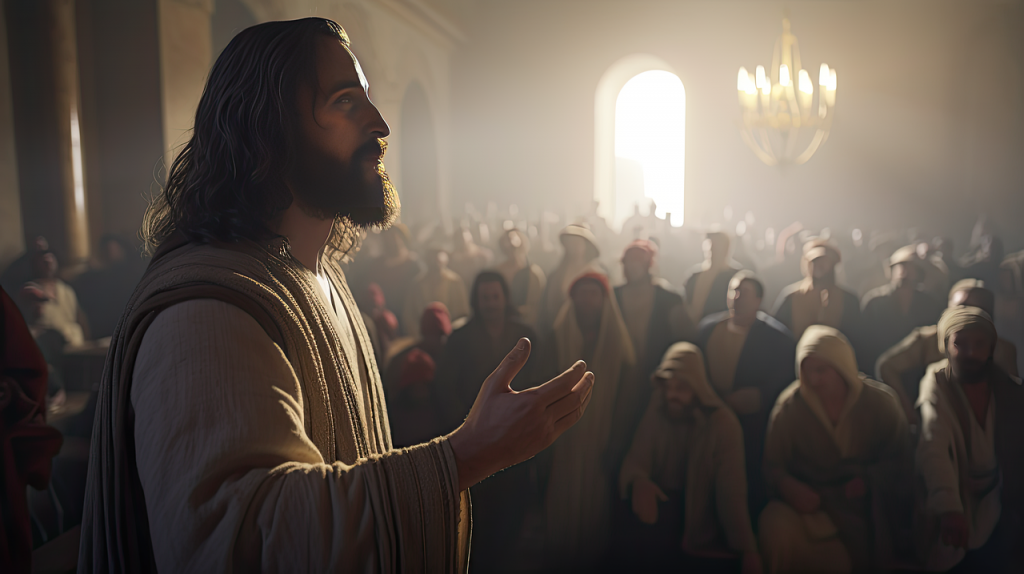
In these chapters, Jesus’ journey is coming to an end, and these things take place –
- Judas betrays Jesus.
- Jesus shares the Passover with His disciples.
- Pilate and Herod look for a way to set Jesus free.
- The people want the murderer Barabbas set free instead of Jesus.
- The sun stops shining for hours during the middle of the day.
- The curtain in the Temple is torn in two.
- Jesus is killed.
- Jesus is buried.
- Jesus returns and appears to His disciples.
- Jesus opens their minds to understand.
There are a lot of people involved in the chapters.
- Judas – Satan enters Judas (Luke 22:3), and he goes to the chief priests and the officers of the church to help them arrest Jesus. Satan couldn’t come into Judas’ heart without Judas letting him in. Judas had to allow this. The same is true for Jesus. He won’t come in if we don’t let Him. Just like Judas, this is a choice that is ours to make.
- Peter – Jeus is telling His disciples that they will be tested. (Luke 22:31-34) Peter tells Jesus, “Lord, I am ready to go with you to jail and even to die with you.” Jesus replied, “Peter, I tell you that before a rooster crows tomorrow morning, you will say three times that you don’t know me.” You know the rest of the story. After Jesus is arrested and Peter is standing in the courtyard of the high priest’s house, Peter denies knowing Jesus three times. (Luke 22:54-65) Just like Peter, this is a choice that is ours to make.

- Pilate and Herod – Neither of these men thought Jesus was guilty or deserved to be put to death. They weren’t willing to stand up against the people and set Him free. (Luke 23:1-23) Pilate and Herod were persuaded by the culture. Just like Pilate and Harrod, the choice to let culture persuade us is ours to make.
- Barabbas – Upon the demanding of the people, the guilty Barabbas was released in place of Jesus. He was forgiven for his wrongdoing and set free. Then the innocent Jesus was killed on the cross in his place. (Luke 23:24-25) There are some that believe that after this Barabbas became a follower of Jesus. This is the same thing Jesus does for us. Just like Barabbas, Jesus paid for our wrongdoings and it’s our choice whether to follow Jesus or not.
- Simon – As Jesus was being led away, some soldiers grabbed Simon of Cyrene and made him carry Jesus’ cross. This was not Simon’s cross. For all we know Simon may not even knew who Jesus was, but yet he carried Jesus’ cross for Him. (Luke 23:26) This is what Jesus will do for us. He will carry our cross.
- Men on the cross on either side of Jesus – There were two criminals nailed to the crosses on either side of Jesus. One of them was insulting Jesus by saying, “Aren’t you the Messiah? Save yourself and save us!” But the other criminal told the first one off, “Aren’t you getting the same punishment as this man? We got what was coming to us, but he didn’t do anything wrong.” Then he said to Jesus, “Remember me.” Jesus replied, “I promise that today you will be with me in paradise.” (Luke 23:32-43) Just like the criminal, we just need to ask Jesus and we can be in paradise with Him.
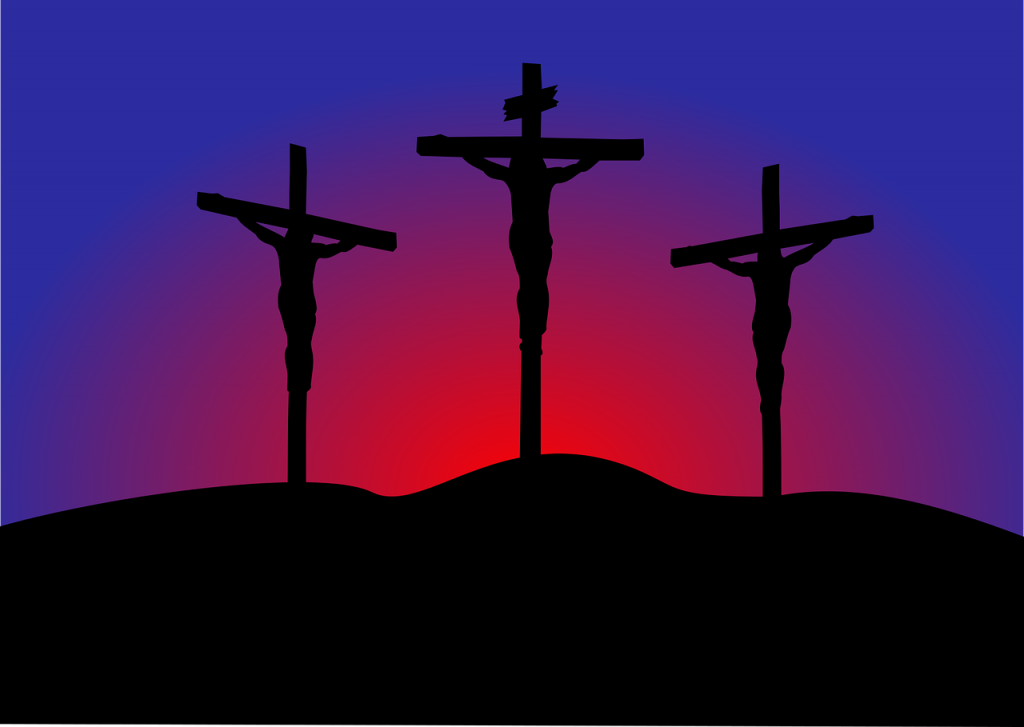
- Joseph – Joseph was a church leader from Arimathea and member of the council but did not agree with what was decided. He believed in Jesus and was looking forward to God’s kingdom coming. Joseph went to Pilate and asked if he could take Jesus’ body down and bury it. He wrapped Jesus’ body in fine cloth and put it in his tomb that had never been used. (Luke 23:50-53) The fact that no other bodies had been buried there makes the empty tomb a big deal. Joseph believed and acted on that belief. Just like Joseph, we need to believe and act on that belief.
- The women – On the day after the Sabbath the women prepared spices for Jesus’ burial. When they got there the tomb was empty. Suddenly, two men in shining white clothes stood beside them. The men tell the women that Jesus is risen and is not there. (Luke24:1-12) In that time women were seen as second-class citizens. This is partly why the apostles did not believe them until they went and looked for themselves. Just like the women, sometimes people won’t believe you but we still need to share the truth anyway.
- Cleopas – Two of Jesus’ followers were walking and talking about what had happened. Jesus joined them and asked what they were talking about. With sadness in his voice, Cleopas answered, “You must be the only person from Jerusalem who doesn’t know what’s happened over the past few days.” “What do you mean?”, asked Jesus. They told Him the whole story and then Jesus asked them, “Why can’t you understand?” They asked Jesus to stay with them and when they sat down to eat Jesus broke some bread and He disappeared. The two men went back to tell the others what they had seen. (Luke 24:13-49) Just like the Cleopas, if we listen and learn, our eyes will be open to Jesus.
We are all these people. We are Barabbas. We are set free even though we don’t deserve it.
This isn’t the end of the story. Just like Peter’s story doesn’t end with his denying Jesus. Our story is still being written. Remember the tomb is empty.
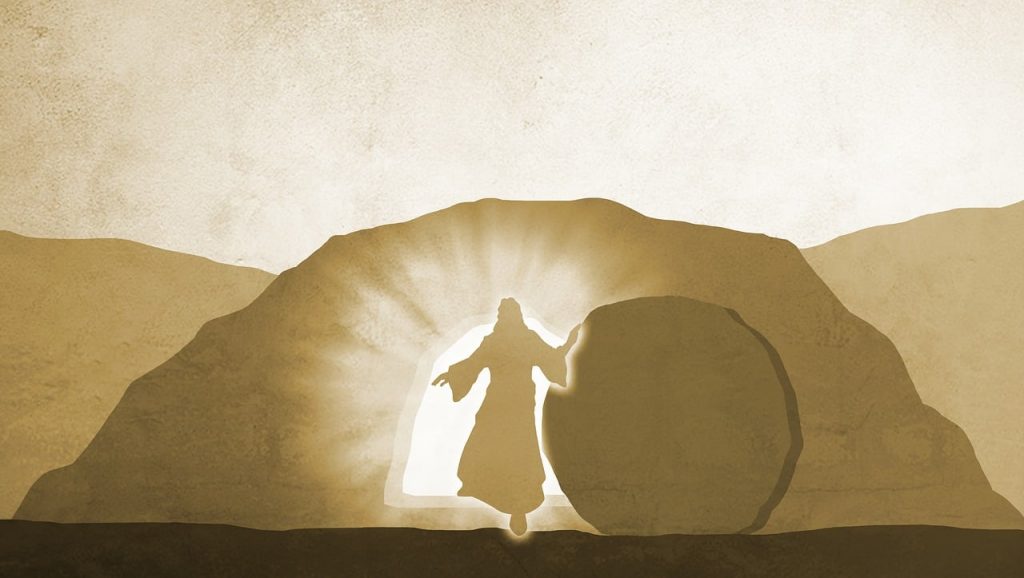
We’ve come to the end of Luke and now we’re going into Luke volume two…Acts.
The book of Acts picks up where Luke left off, providing us with a front row seat to the birth of the church, the coming of the Holy Spirit, the spreading of the Gospel and the growth of the church.






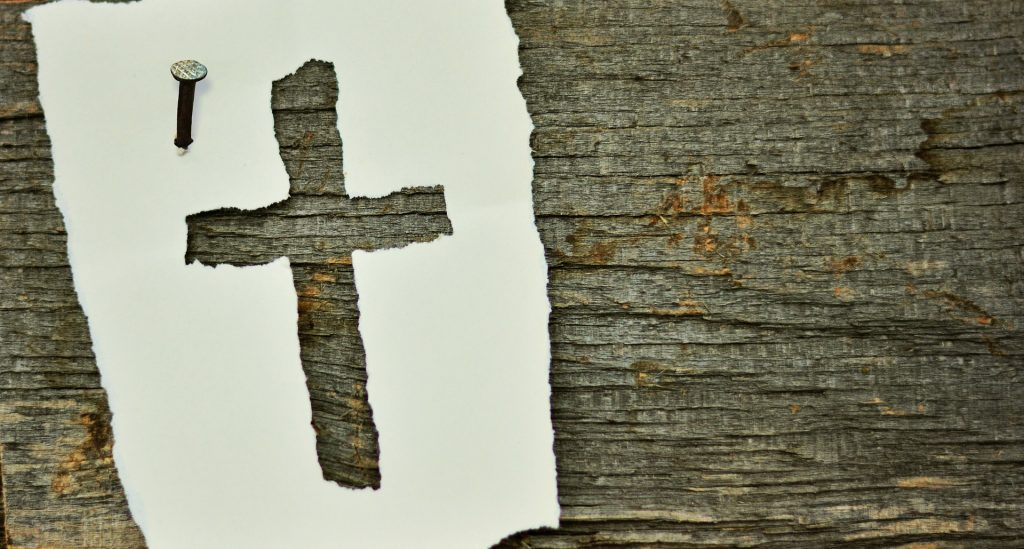

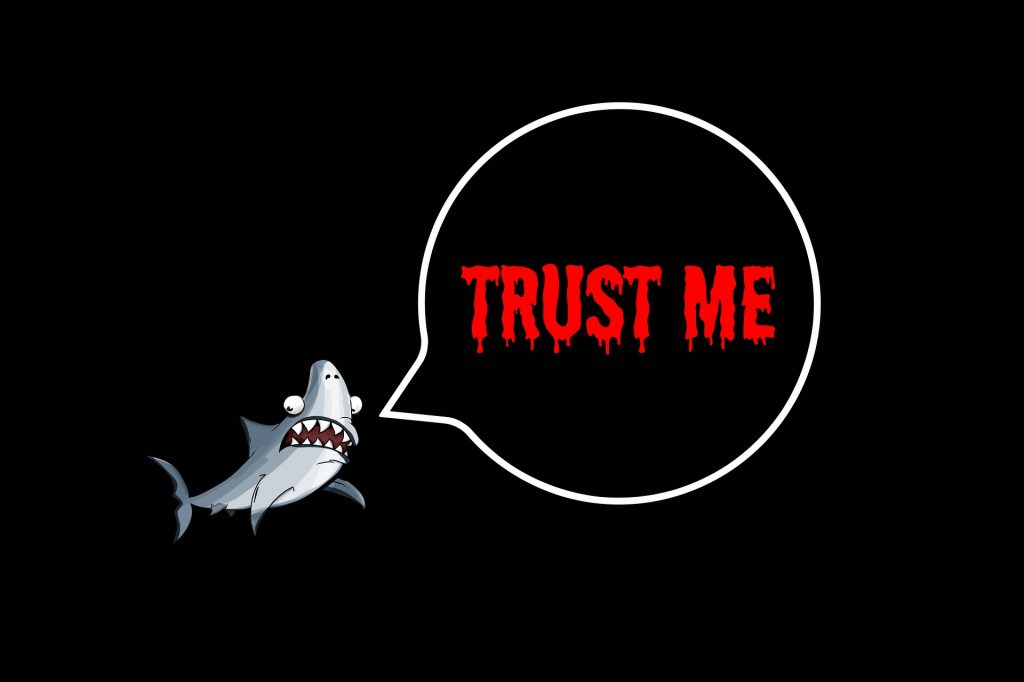

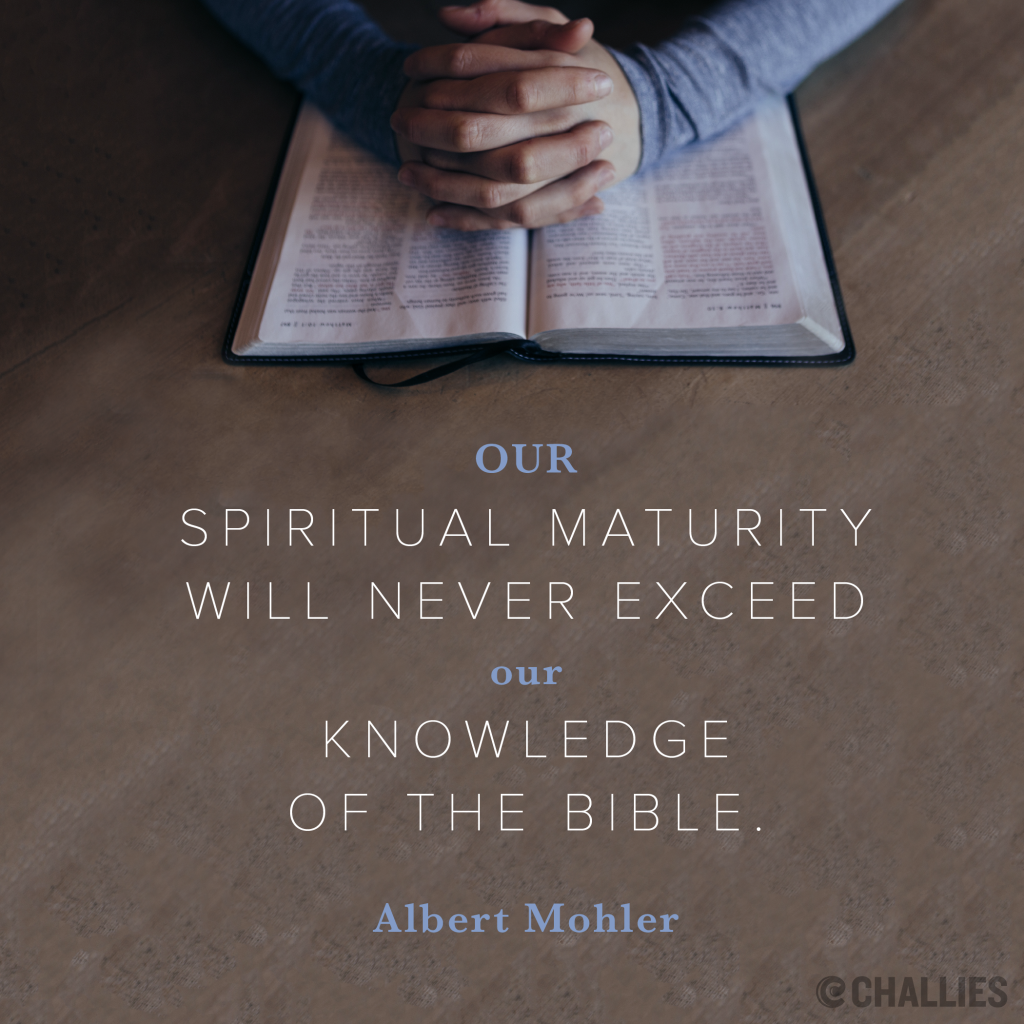

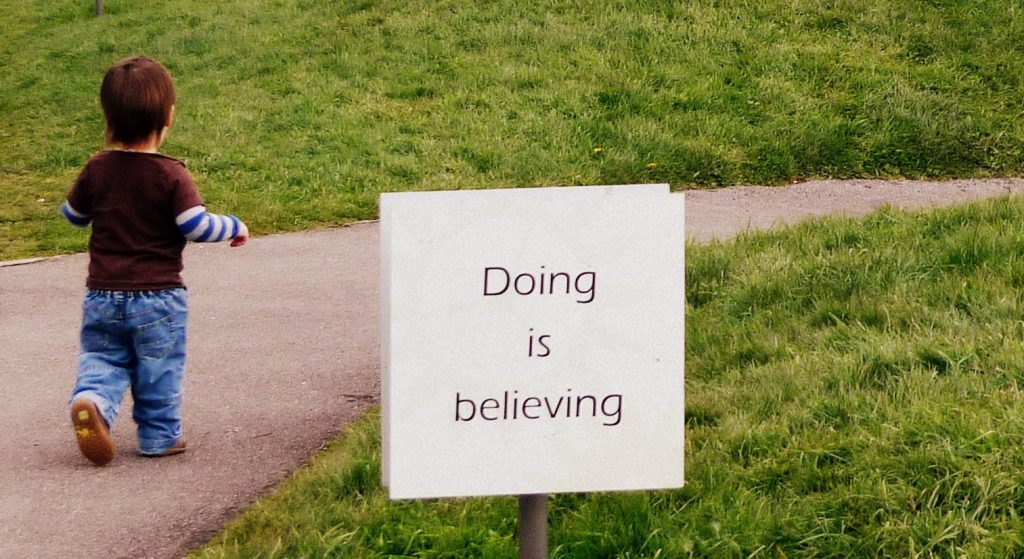

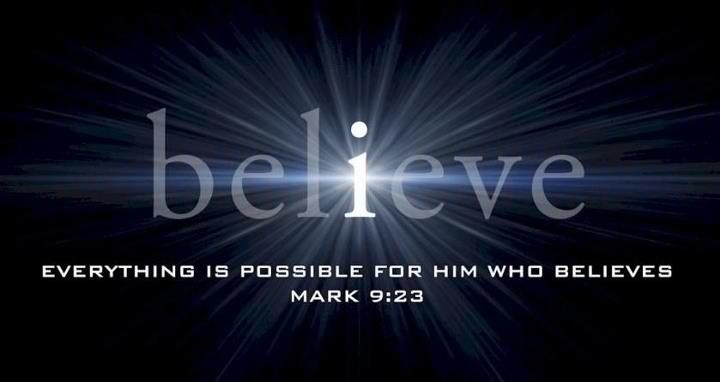


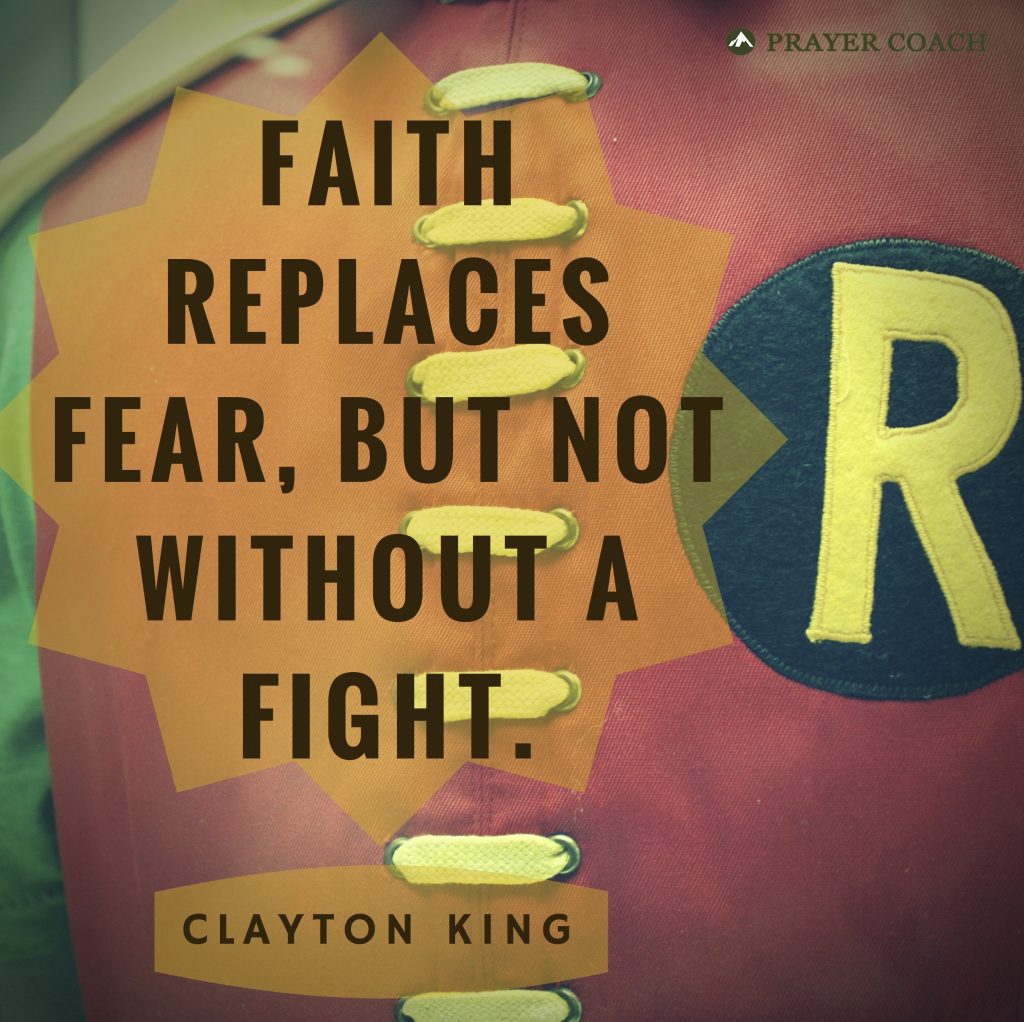

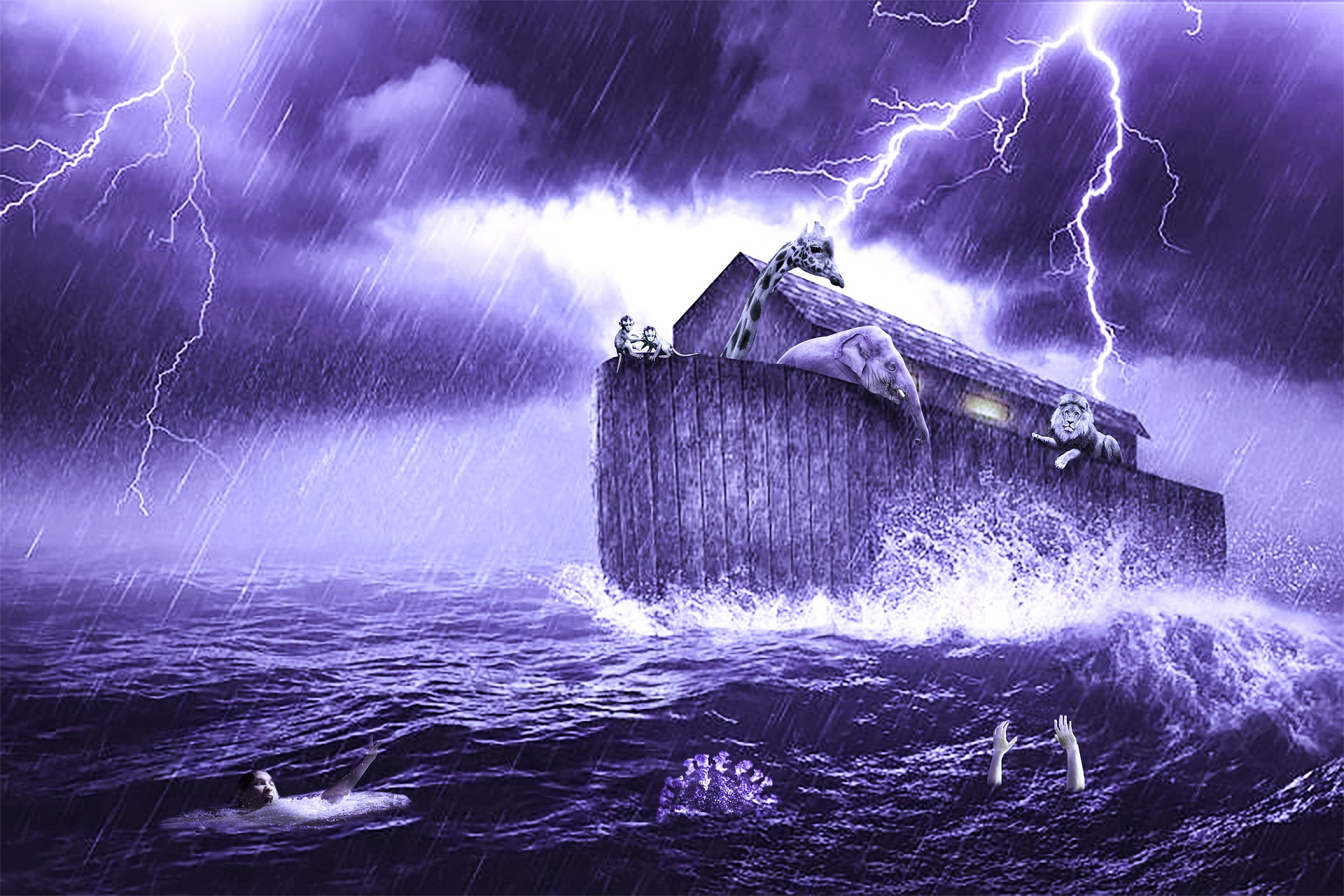




 used in all forms of motivational situations. You may have seen the Geico commercial in which
used in all forms of motivational situations. You may have seen the Geico commercial in which 

 My problem is that I’m looking forward to the mountain being moved and getting distracted by the enormity of it. I need to trust that God will show me what each next step is. Pastor Lee shared about
My problem is that I’m looking forward to the mountain being moved and getting distracted by the enormity of it. I need to trust that God will show me what each next step is. Pastor Lee shared about 


